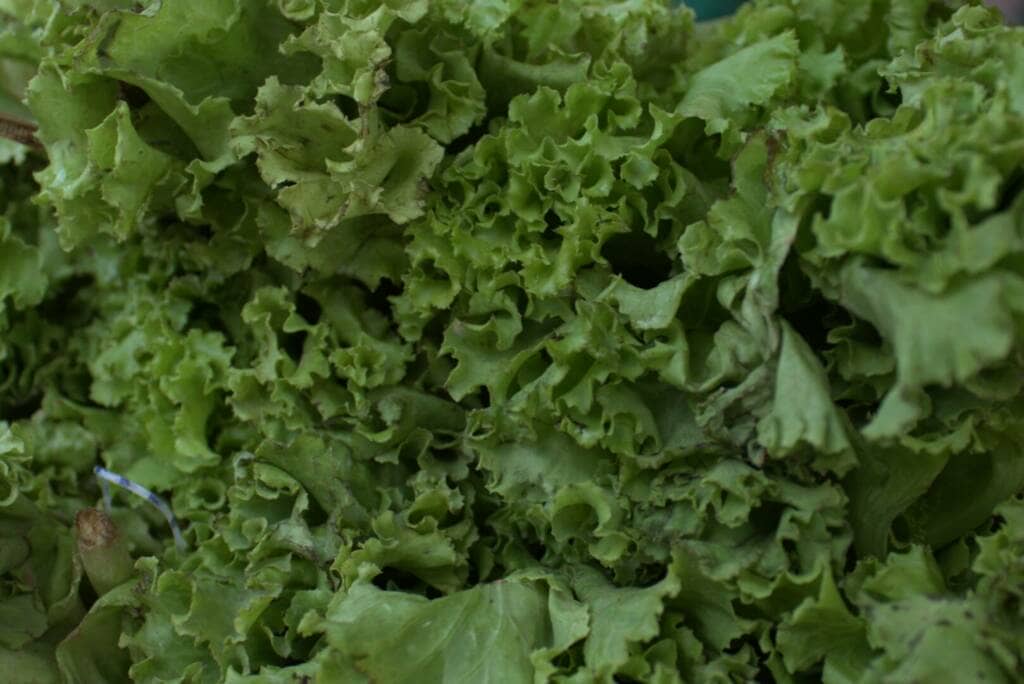Highlights
Use of folic acid as part of multivitamin supplements is common, but there is confounding data on folic acid supplementation and its association with cancer risk. In case of non-small cell lung cancer patients, Folic acid is specifically recommended to be used along with Pemetrexed (Alimta) chemotherapy, since it reduces Pemetrexed chemo induced toxicity (side-effect), as supported by clinical studies.
What is Folic Acid?
Folic acid, also called folate or Vitamin B9 is present naturally in many foods including leafy green vegetables, asparagus, broccoli, Brussel sprouts, whole grains and many more. It is also a component of multivitamin and B-complex supplements used by many health conscious individuals. Folate deficiency can cause anemia and depression, and in pregnant women, it can cause fetal neural tube defects; hence an important and essential component for our wellbeing.

Association of Folic Acid Supplementation and Cancer
There is a lot of ambiguity and confusion on the association of folic acid supplementation and cancer and whether it prevents or promotes cancer. In a study by a Norwegian group that did a meta-analysis of 19 studies of folic acid supplementation in humans and correlations with cancer incidence or mortality, they found a ‘borderline significant increase in frequency of overall cancer in the folic acid group compared to controls.’ (Wien TN, BMJ Open., 2012) Dose and timing of folic acid intake can have different impact. Very low and very high levels of folic acid have been associated with cancer risk. Also, folic acid supplementation to individuals who are already diagnosed with cancer can be harmful but can help those that do not have cancer. Hence the use of dietary supplements such as folic acid has to be done carefully, scientifically, and in consultation with healthcare specialists.
Foods to Eat After Cancer Diagnosis!
No two cancers are the same. Go beyond the common nutrition guidelines for everyone and make personalized decisions about food and supplements with confidence.
Folic Acid for Chemotherapy Side-Effects/Toxicity in Lung Cancer Patients
Despite the confounding data on the use of Folic acid supplementation in cancer patients, specific studies have highlighted its beneficial impact when used along with Pemetrexed (Alimta) chemotherapy in non-small cell lung (NSCLC) patients. Non-small cell lung cancer is the most common form of lung cancer and a leading cause of death worldwide. Smoking is a major risk factor for this disease. During the last decade, Pemetrexed, a chemotherapy drug that is an antifolate agent, has become a key component of the treatment of patients with NSCLC in first line and later settings (Tomasini P, Ther Adv Med Oncol., 2016). Pemetrexed works by blocking the folate metabolism and in turn causes DNA damage and impairs DNA repair pathways, which help in making the cancer cell more vulnerable while can have a negative impact on normal rapidly dividing cells in the body like the immune cells. Hence myelosuppression, a reduction in bone marrow production of blood cells (RBC, WBC and platelets) is a predominant toxicity of pemetrexed (Kim Y, Cancer Epidemiol Biomarkers Prev. 2008).
Folic acid supplementation (350-1000 mg/day) is recommended to be given along with Pemetrexed chemotherapy and the guideline is to start folic acid 7 days prior to the start of Pemetrexed, continue it while the patient is on therapy until 21 days after the therapy has been terminated. Some recent studies involving retrospective analysis of NSCLC patients being treated with first-line pemetrexed along with cisplatin chemotherapy have found that folic acid supplementation lowered the levels of plasma homocysteine, a marker for hematological toxicity (toxicity induced by Pemetrexed chemo), without lowering the efficacy of Pemetrexed chemotherapy (Singh N et al, Am J. Clin Oncol, 2017). In another prospective trial called PEMVITASTART (NCT02679443), timing of folic acid/vitamin B12 supplementation with Pemetrexed in the treatment of NSCLC patients was evaluated. The study found that starting the folic acid supplementation simultaneously along with Pemetrexed instead of 7 days earlier equally reduced Pemetrexed induced hematologic toxicity (chemotherapy side-effect) without having any impact on the efficacy of the chemotherapy (Singh N et al, Cancer, 2019).
In a previous study, the phase III EMPHACIS trial, where the patients were supplemented with 350–1000 mg of folic acid and 1000 μg of vitamin B12, it was found that Grade 3-4 hematologic and non-hematologic toxicities reduced from 37% of patients without supplementation to 6.4% with supplementation (Bunn C et al,Proc Am Soc Clin Oncol., 2001)
Conclusion
The study suggested that, in case of non-small cell lung cancer patients, Folic acid may be used along with Pemetrexed (Alimta) chemotherapy, to reduce Pemetrexed chemo induced toxicity (side-effect). Thus in summary, supplementation of natural products and vitamins in cancer patients who are ongoing or have completed treatment may be beneficial if the supplement is selected on scientific basis. Choosing supplements should hence be done very carefully and under medical guidance and supervision.
What food you eat and which supplements you take is a decision you make. Your decision should include consideration of the cancer gene mutations, which cancer, ongoing treatments and supplements, any allergies, lifestyle information, weight, height and habits.
The nutrition planning for cancer from addon is not based on internet searches. It automates the decision making for you based on molecular science implemented by our scientists and software engineers. Irrespective of whether you care to understand the underlying biochemical molecular pathways or not - for nutrition planning for cancer that understanding is needed.
Get started NOW with your nutrition planning by answering questions on the name of cancer, genetic mutations, ongoing treatments and supplements, any allergies, habits, lifestyle, age group and gender.

Personalized Nutrition for Cancer!
Cancer changes with time. Customize and modify your nutrition based on cancer indication, treatments, lifestyle, food preferences, allergies and other factors.
Cancer patients often have to deal with different chemotherapy side effects which affect their quality of life and look out for alternative therapies for cancer. Taking the right nutrition and supplements based on scientific considerations (avoiding guesswork and random selection) is the best natural remedy for cancer and treatment related side-effects.
